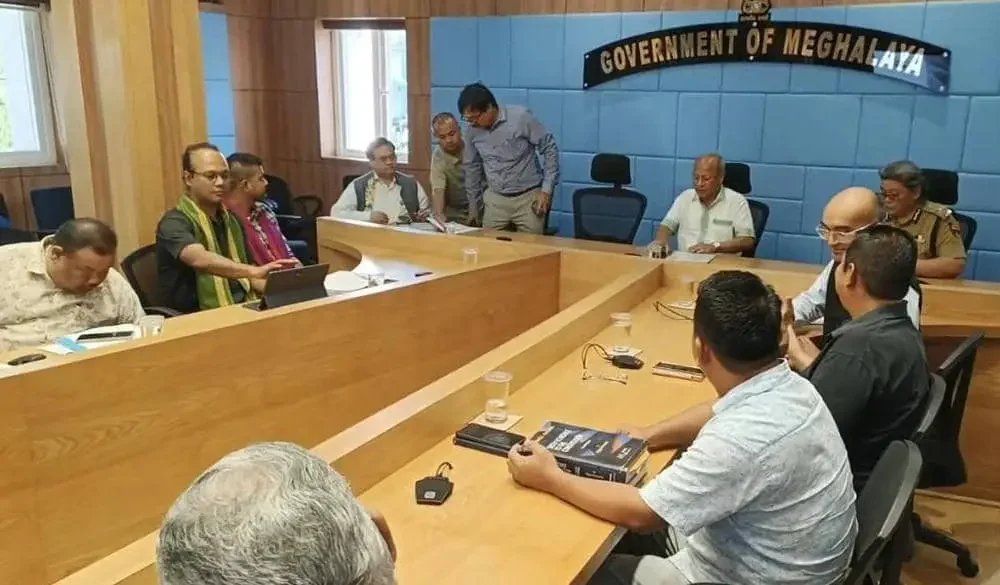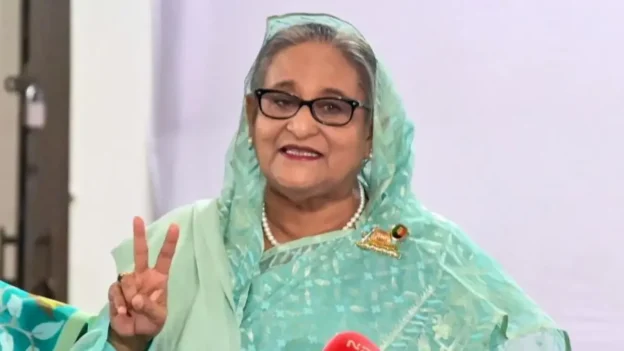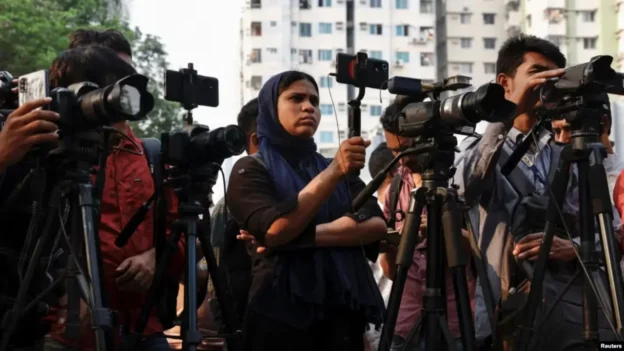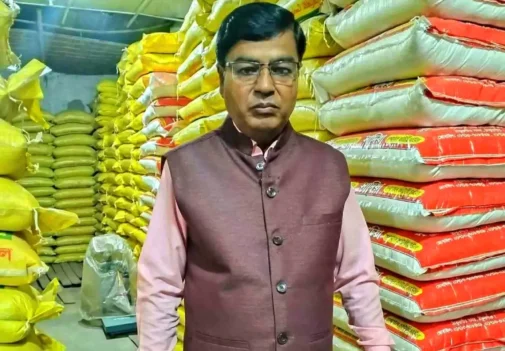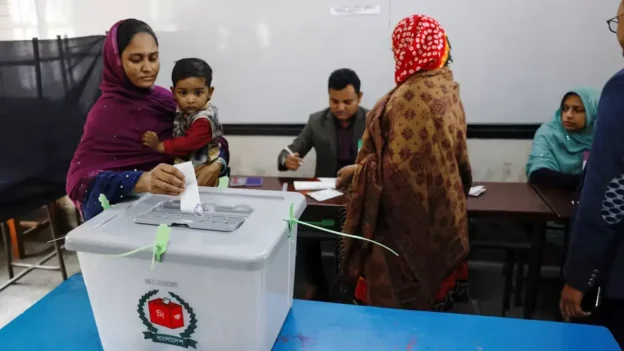After four years of quiet, the Government of Meghalaya has reopened dialogue with the Achik National Volunteers Council (ANVC), marking an important step in the long journey toward fulfilling the promises of the historic peace accord signed years ago. The renewed discussions signal a revived commitment to addressing long-pending clauses of the agreement that aimed to strengthen local governance and bring lasting stability to the Garo Hills region.
The latest meeting, convened by the State Home Department, was held at the Secretariat Conference Room in Shillong and chaired by Deputy Chief Minister Prestone Tynsong. The session was attended by Director General of Police Idashisha Nongrang, IAS, along with senior police and administrative officials. The presence of top leadership underscored the seriousness of the government’s intent to move beyond symbolic assurances and focus on measurable progress.
Speaking to reporters after the meeting, Tynsong said that around 50 to 60 percent of the agreed terms have already been implemented, while the remaining 40 percent are still in various stages of consideration. The main reason for the delay, he explained, lies in the constitutional framework that governs the transfer of certain administrative and legislative powers.
“The agreement calls for strengthening the District Council in Garo Hills, giving it greater responsibility to safeguard tribal rights and local governance,” he said. “This will only be possible once additional subjects are included through a constitutional amendment, which must be passed in Parliament.”
The Achik National Volunteers Council, once one of the most prominent armed groups in Meghalaya, formally laid down arms under the peace accord with both the Centre and the state government. The agreement envisioned not only the rehabilitation of former cadres but also a structural empowerment of the Garo Hills Autonomous District Council (GHADC) to better represent the aspirations of the tribal population. However, several of the institutional reforms, particularly those requiring constitutional backing, have remained in limbo since 2021.
To accelerate implementation, the government has decided to appoint a nodal officer who will coordinate between departments and work closely with ANVC representatives. The officer’s mandate will include monitoring progress on each clause of the agreement, identifying bottlenecks, and ensuring timely follow-up. “We will not allow the process to stall again,” Tynsong assured, adding that regular quarterly meetings will now be held to review progress until every point in the agreement has been acted upon.
Officials present at the meeting also discussed logistical issues, such as land allocation, livelihood opportunities for former cadres, and the strengthening of local institutions to ensure long-term peace dividends in the region. Sources indicate that the government is considering fresh proposals for capacity building, community-based livelihood projects, and greater integration of ex-cadres into development programs already underway in the Garo Hills.
Observers note that the renewed engagement with the ANVC comes at a time when Meghalaya has been consolidating its peacebuilding efforts with various groups in the western and southern parts of the state. The focus now appears to be on fulfilling older accords to build credibility and trust before exploring new agreements.
For the ANVC and the communities it represents, progress on the agreement is deeply tied to questions of autonomy, resource control, and the preservation of tribal identity. The promise of a stronger District Council with expanded administrative powers remains central to their aspirations.
The revival of talks after a long hiatus is being viewed by many as a sign that the government intends to move beyond rhetoric toward lasting resolution. As the Deputy Chief Minister put it, “Peace accords are not just about ending hostilities—they are about transforming governance and rebuilding trust. Our effort now is to make that transformation visible on the ground.”
With the appointment of a dedicated nodal officer and a commitment to hold quarterly reviews, the government seems determined to ensure that the long-dormant provisions of the ANVC peace agreement finally see the light of day. For the people of Garo Hills, this renewed dialogue could mark the beginning of a new chapter — one where promises made are translated into real change on the ground.

